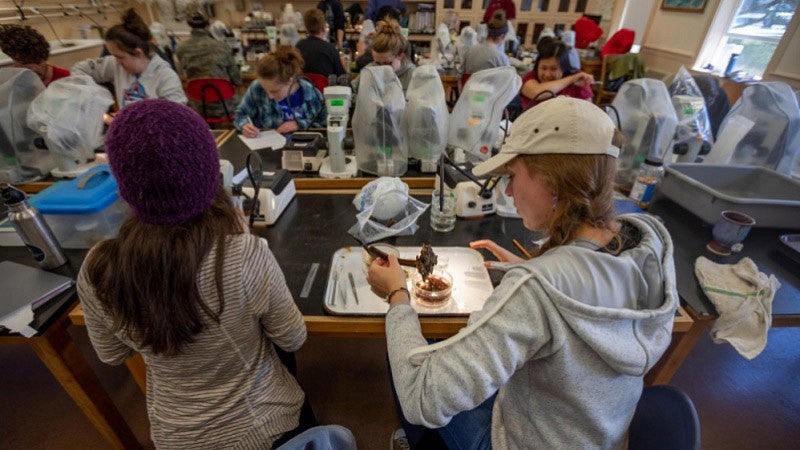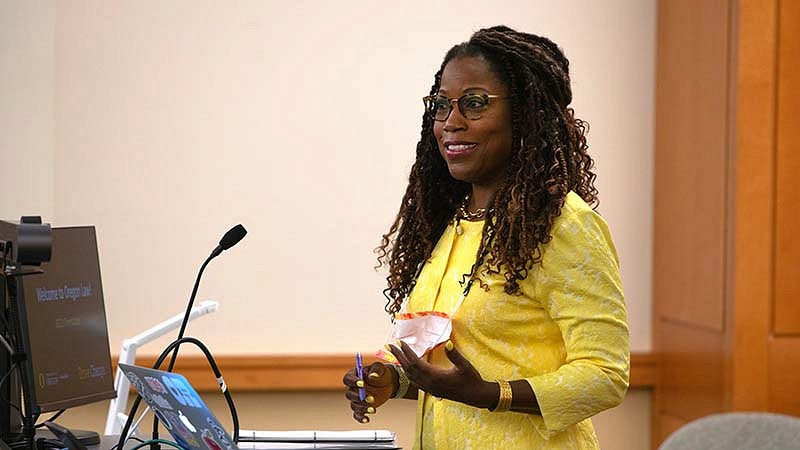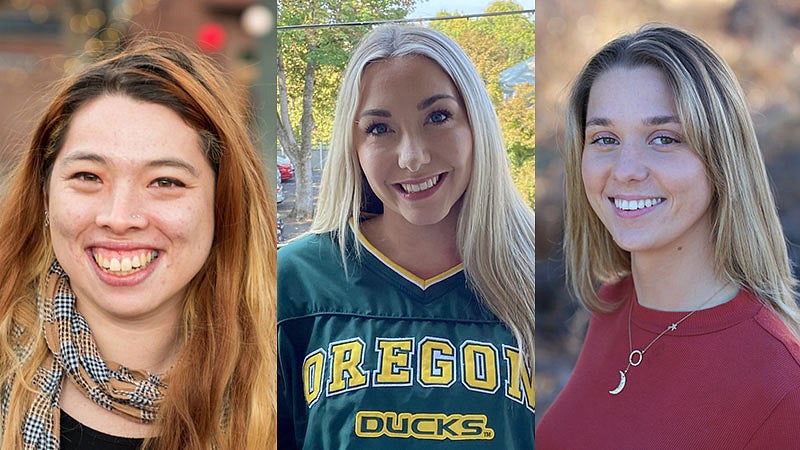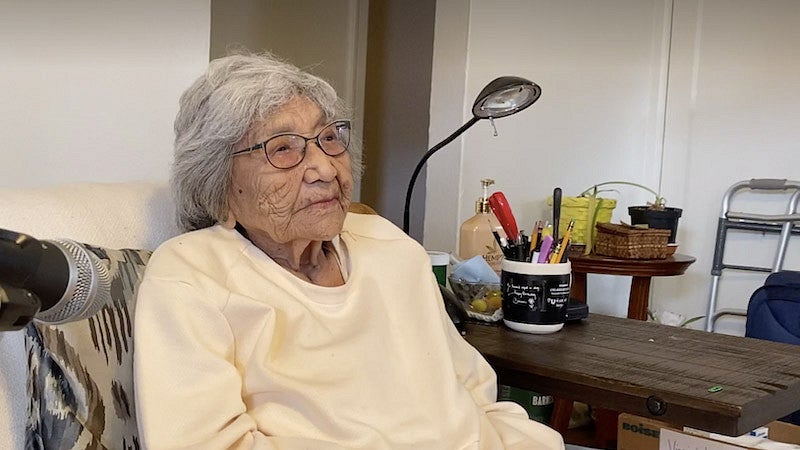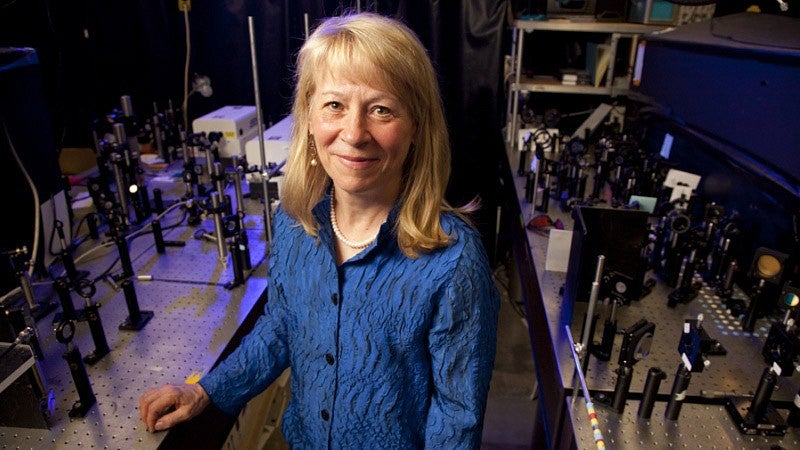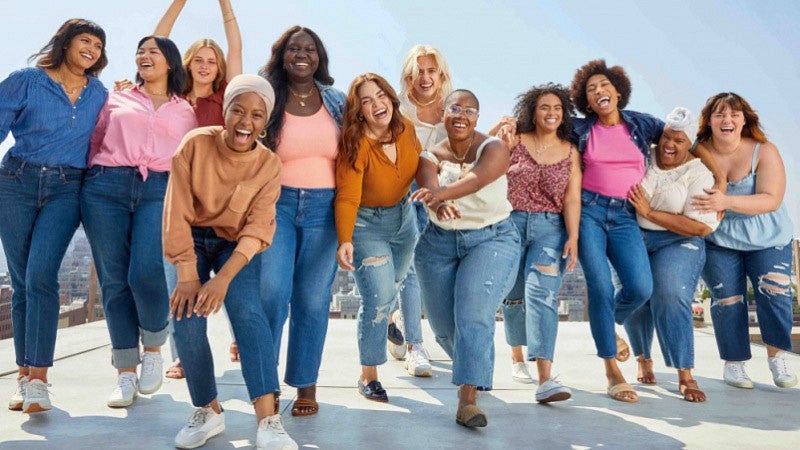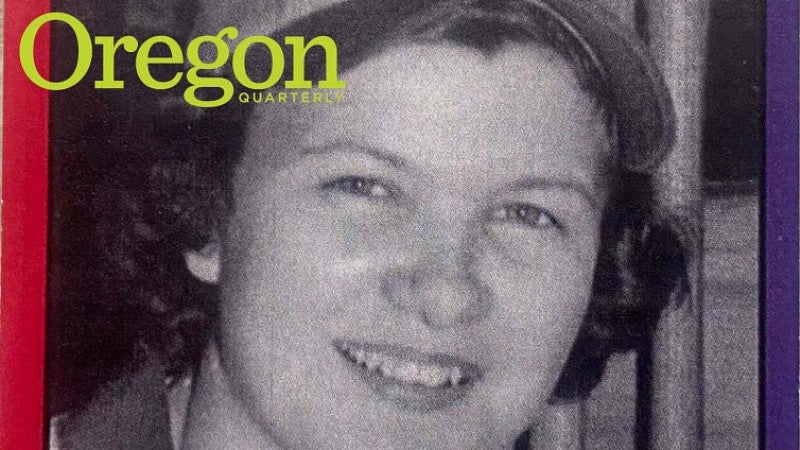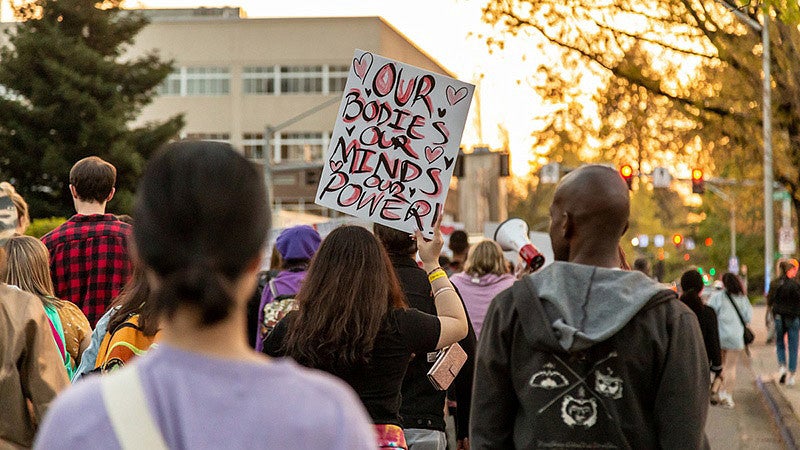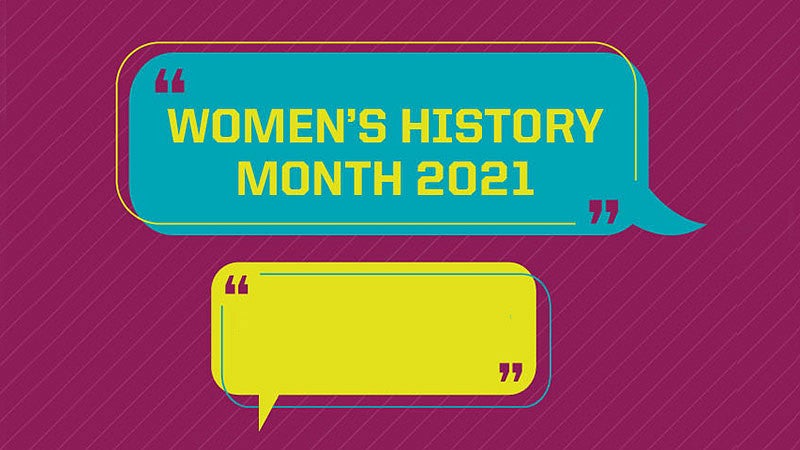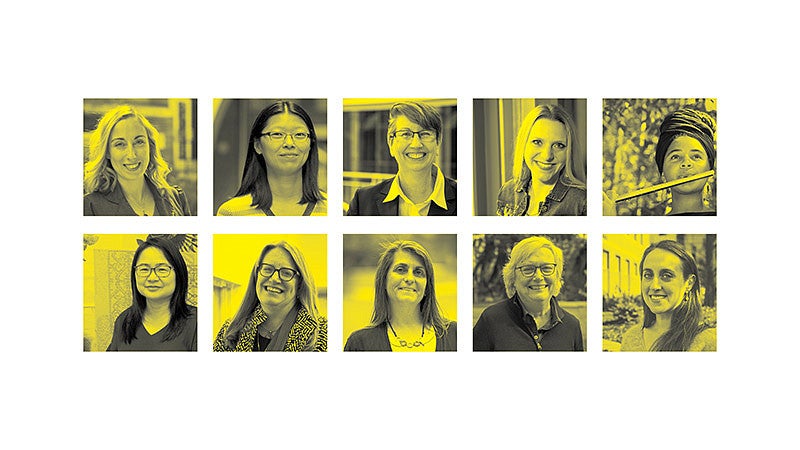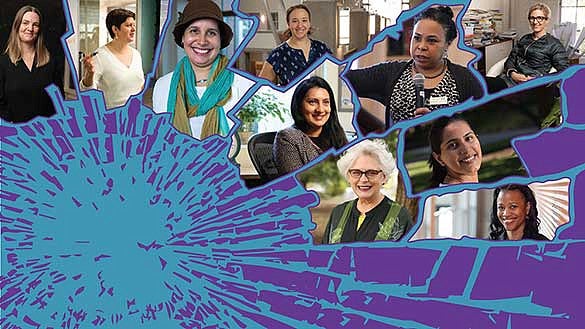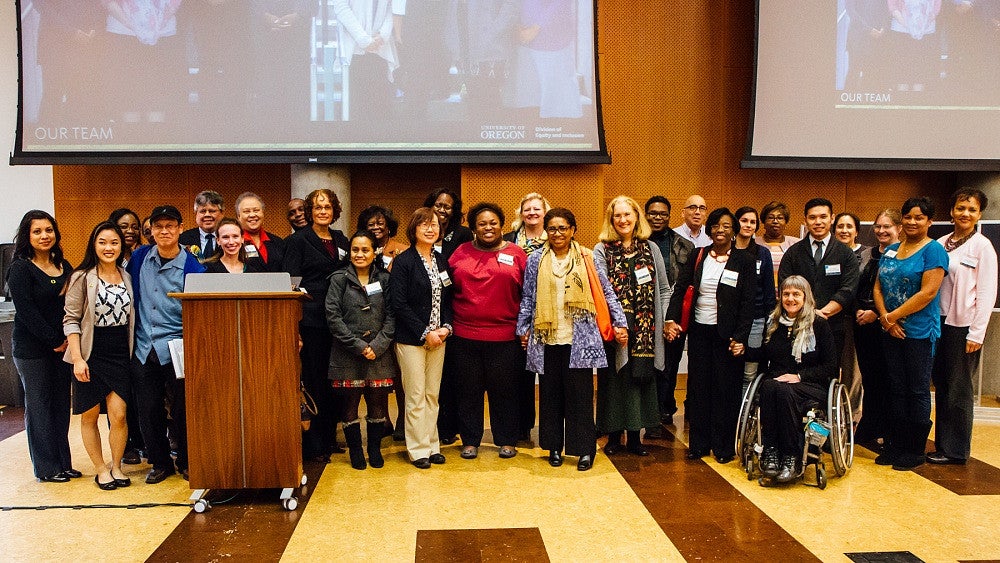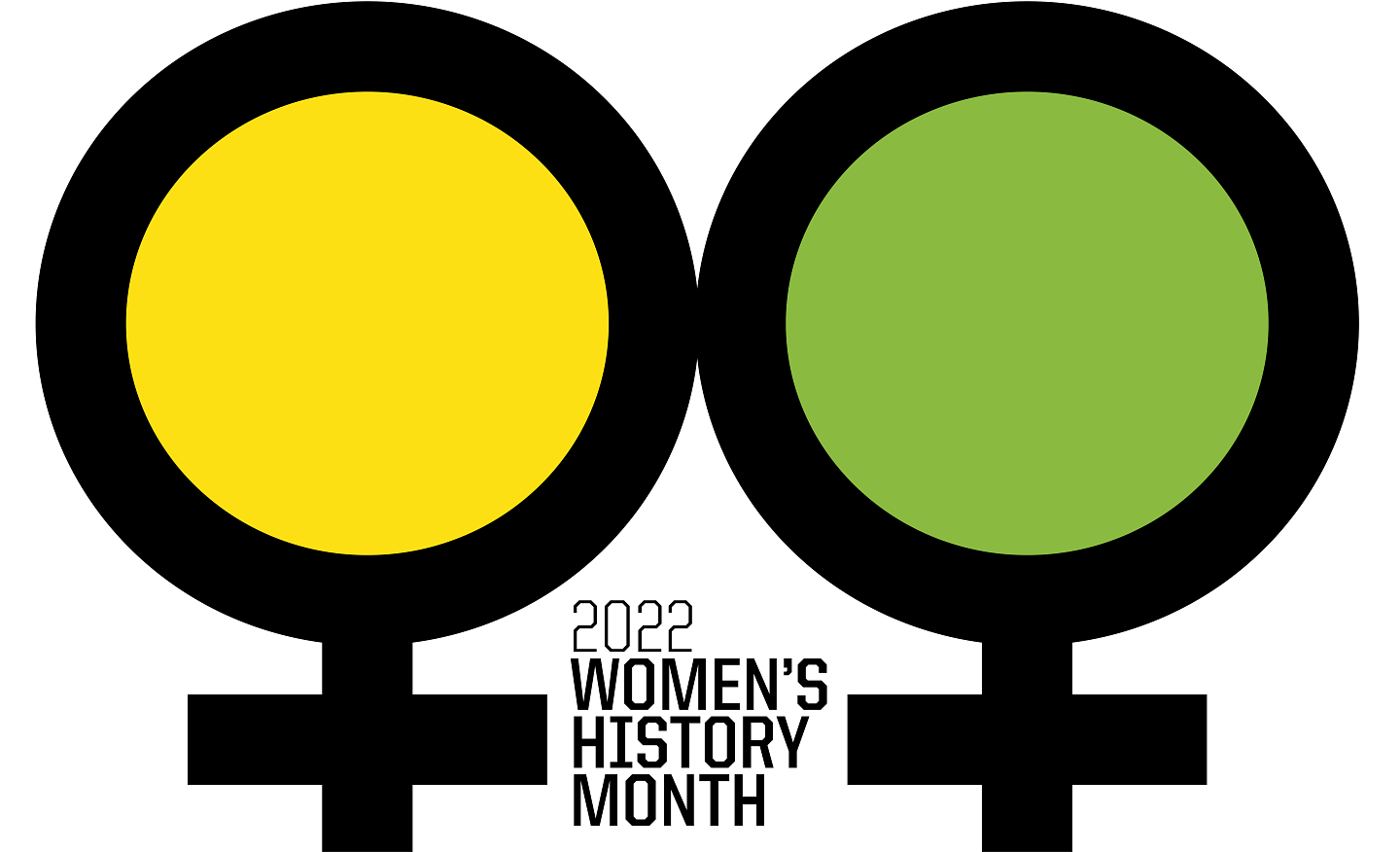
Celebrating and Building on 50 Years of Title IX
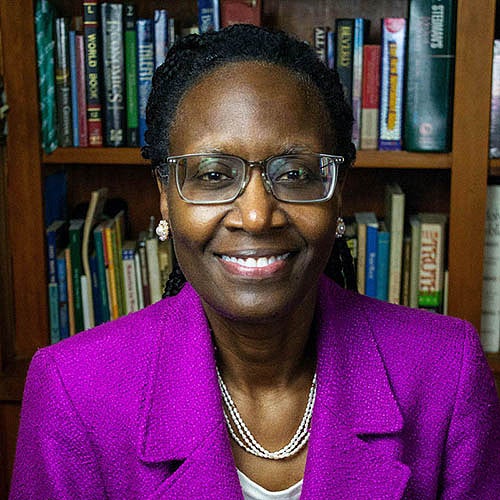
Women’s History Month 2022 marks the 50th anniversary of Title IX, which many see as one of most important pieces of legislation in regard to women’s rights of the last century. Congress passed the law in June of 1972 and Rep. Patsy Mink, the first Asian American woman to serve in Congress, was the bill’s lead author and sponsor. This law targeted all education programs and activities receiving federal funding and mandated that they must protect students and employees from sex-based discrimination. Following the passage of Title IX, numerous inequitable gender practices that were previously tolerated or ignored were banned. Despite repeated attempts to weaken the law since its passage, Title IX still remains one of the strongest deterrents of institutional discrimination practices against women.
At the same time, there is still plenty of work to do. As we celebrate Women’s History Month 2022, it’s important that we don’t just recognize and honor these historic moments, but extract lessons from and build on them.

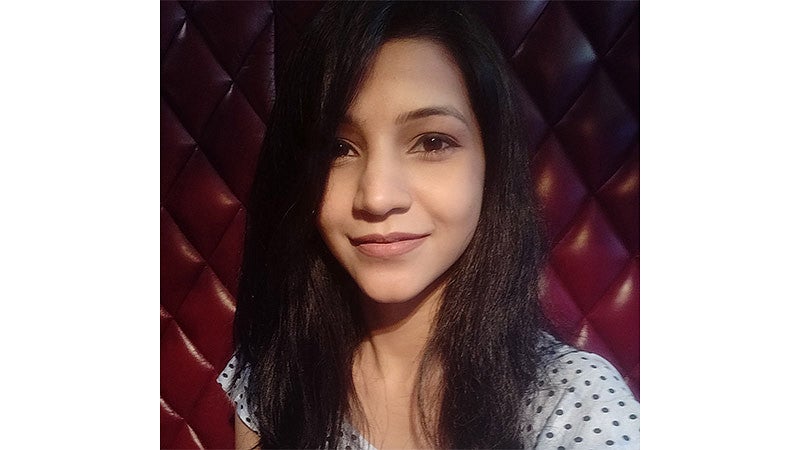
Marrying Innovation and Business
by Swati Yadav,
MBA Class of 2023
Before coming to UO I worked as a product manager in the tech industry for more than five years in India. I was the youngest person in a managerial role within the organization.
My career in technology has not always been ideal. I have faced several challenges being a young woman leading in a male-dominated industry, and not being seen as an equal by my peers. I have encountered obstacles in being promoted to a senior position which helped me better understand the difficulties of being a woman in business. But it made me even more determined to have an impact on women in the workplace. One thing I learned in my career was how important the people around you are and how much mentors can help you grow. I was fortunate enough to be mentored by some brilliant leaders in the industry, who helped me realize my superpower.
The pandemic made me realize that even though I was on top of my career, I had to overcome some shortcomings, namely my lack of deeper business competencies. I especially wanted to better understand how to marry innovation and business to create impactful products. I also wanted to learn more about diversity and inclusion, a subject I am very passionate about.
In the future, I aim to translate this passion into action by volunteering within underrepresented tech communities. This will empower many people to achieve their career goals and, in turn, promote innovative solutions that advance equality across global communities.
For all those reasons, I chose to pursue my MBA at the University of Oregon, where I have felt supported by everyone in the UO community: faculty, professors, students. Two terms into the program and I can say that coming to UO was the best decision I ever made.
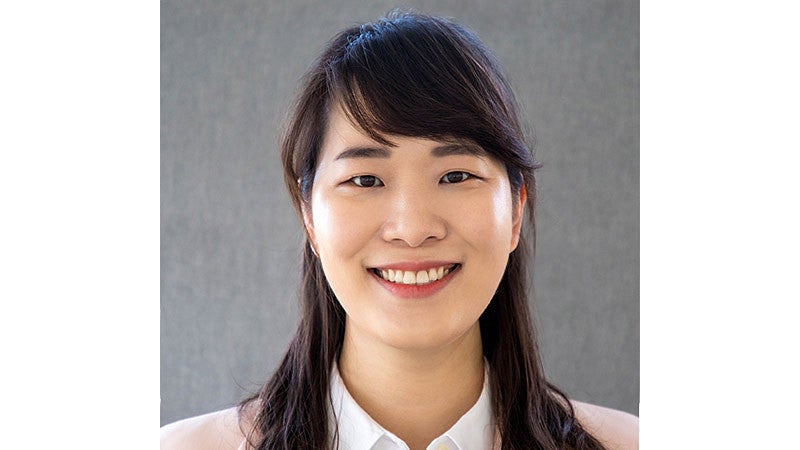
Global Women’s Sports
By Jeeyoun (Jenny) Lee
MBA Class of 2023
Sports Business / Advanced Strategy and Leadership Specialization
As a young woman from a very conservative Asian country working in the male-dominated global sports industry, I had to show the best of myself as an expert and make sure that my voice is heard from the executive level when decisions needed to be made properly.
I was a luge sports manager for the 2018 PyeongChang Olympic and Paralympic Winter Games, responsible for planning and operating the luge competitions at the Olympic Games and the test events. This included overall management of time lines, workforce training and management, control of luge-related budgets, and consulting and cooperating with 54 departments within the organizing committee and with external organizations.
After the Olympics, I felt that I needed an advanced level of business knowledge in a broader part of the sports industry to be a better leader. Since I decided to pursue the Oregon MBA, specializing in sports business, I have experienced the biggest sports market in the world, US college sports, and professional sports.
Only one-third of women are in the sports business specialization. Even though the number of women in this program has increased and the Warsaw Sports Marketing Center has been supporting women students in various ways, it is still male-dominated and needs to be improved.
I feel very supported from my colleagues, professors, staff, and overall program. I have a responsibility, as a woman soon to be a leader in the sports business industry, to make changes in this program and support women’s sports and women in sports in my future career. Coming to the Oregon MBA was one of the best decisions I ever made. I see myself as one of the leaders who will continuously support women’s sports and women in sports globally in the future.

Bridging the Gap Between Racism, Sexism, and Discrimination: Sport as a Platform for Social Justice:
A Women’s History Month signature event with Jackie Joyner-Kersee, legendary Olympic heptathlete; Courtney Cox, assistant professor of Indigenous, race, and ethnic studies; Savannah Siegrist, MBA '22 and UO athlete; and Provost Patrick Phillips. Featuring the Diversity Initiative and the Sport and Wellness Initiative. Sponsored by the Office of the President Michael H. Schill.
Faculty in the Community
Interview with Sabrina Madison-Cannon
by Sharleen Nelson University Communications
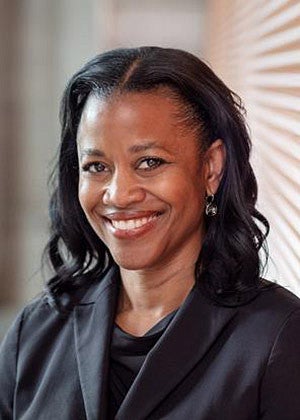
As a professional dancer she toured the world, but also performed at juvenile correction centers, providing inspiration to underprivileged youth. Now, as the School of Music and Dance Phyllis and Andrew Berwick Dean and Professor of Dance at the University of Oregon, Sabrina Madison-Cannon promotes the advancement of women in higher education by advocating for gender equity and equality, and inspiring collaboration and empowerment.
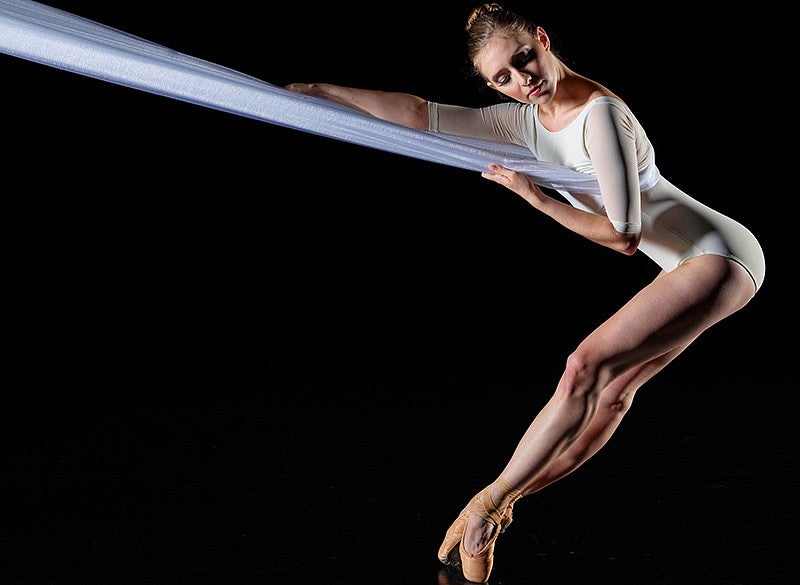
In February, “Celebration of the Uncommon Woman,” a ballet program featuring the combined work of five women choreographers, was performed at the Eugene Ballet. “And Then There Were Five,” choreographed by Madison-Cannon, was part of that celebration.
Eugene Ballet director Toni Pimble first produced “Celebration of the Uncommon Woman” in 1992 to showcase the work of women in the mostly male dominated field of musical composition and dance choreography. Although progress has been made, 30 years later female choreographers still struggle for recognition, especially in ballet (a report from Dance Data Project found that most of the work is still choreographed by men).
Alumni

Hanin Najjar BS ’21 (journalism)
Co-founder and editor-in-chief of Parachute Media
Photo courtesy of Hanin Najjar
"We are tearing down the assumption that all women of color are the same, that all women from a specific community are the same, and saying that every single woman is different, every single woman has her own story, and providing space for them to share that."
SOJC Graduate, Hanin Najjar, launches an inclusive media company
Dr. Sarah Brady, PhD ‘13 (chemistry), is the Deputy Director at the California Council on Science and Technology (CCST). CCST ensures that California policy is strengthened and informed by scientific knowledge, research, and innovation. Brady is interviewed by SOJC Professor Mark Blaine, MS ‘00 (literary nonfiction).
Listen to Sarah Brady on the Duck Stops Here Podcast: Science, Politics, and Innovation
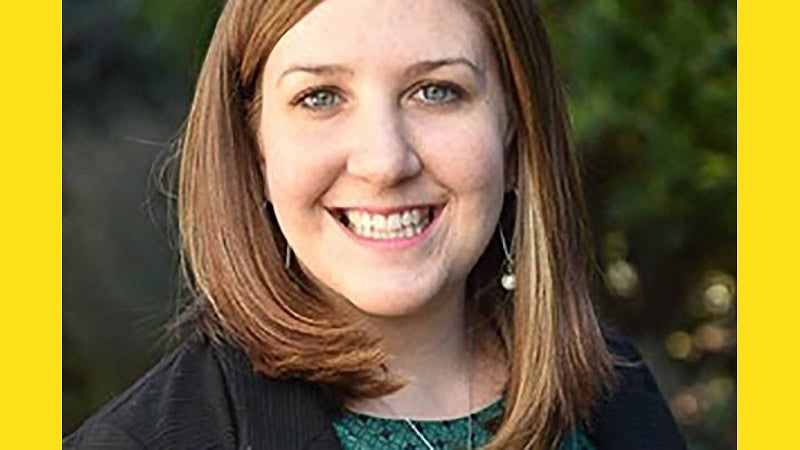
International Women's Day
Mobility International, USA (MIUSA) created this video for International Women’s Day, March 8. The video features five delegates from this year's Women’s Institute on Leadership and Disability (WILD) to honor all the disabled women activists and allies around the world for being “Loud, Proud and Passionate!” The Division of Equity and Inclusion supports the WILD institutes. Susan Sygall, CEO and co-founder of MIUSA, is a pro tem instructor in international studies. She will be teaching Global Perspectives on Disability offered spring term 2022.
From the archives: Controversial lesbian film of the 1980s filmed at UO
By tova stabin, University Communications
Photos courtesy of Oregon Digital
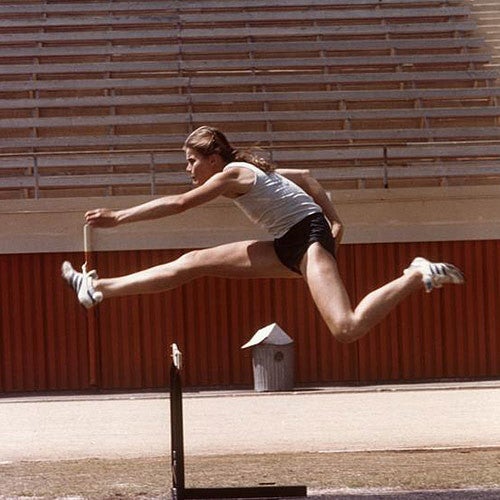
Lesbians in Hollywood films barely existed for 50+ years—a kiss by Marlene Dietrick in drag in Morocco (1930) and the X-rated The Killing of Sister George (1968) about an aging lesbian TV actress. But then in 1982, Personal Best came out which featured scenes filmed at Hayward Field and Track Town Pizza.
In its day, Personal Best was called “groundbreaking” by some. The movie follows an up-and-coming track star trying to make it into the Olympics. The film starred Mariel Hemingway as Chris Cahill, who falls in love with and starts a relationship with pentathlete Tory Skinner, played by real-life Olympic athlete Patrice Donnelly. Former renown UO athlete, Olympic marathoner and Sports Illustrated writer, Kenny Moore, was also in the film as Denny Stites, a former athlete who falls in love with Chris Cahill.
Moore’s participation became instrumental in getting filming done at the UO.
When the UO initially saw the script, they called it “offensive” and refused to film it on campus. Film director Robert Towne, however, felt Hayward Field was critical to making a realistic film about the Olympic Trials.
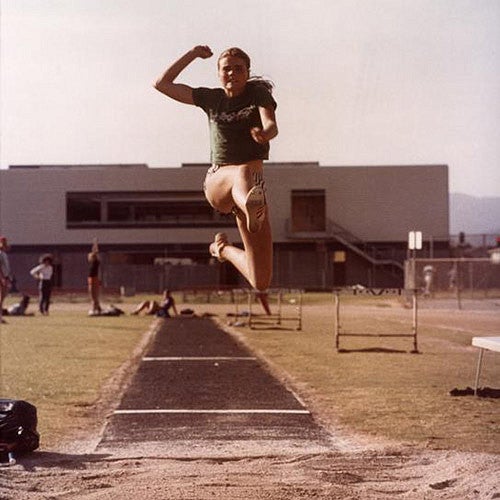
Towne would not be discouraged. He asked Moore to contact Bill Bowerman who was Moore’s former coach and a Nike cofounder. Bowerman was hesitant, but Moore persisted and set up a meeting. Towne was able to convince Bowerman that he was going to do justice to the portrayal of athletes in film. Bowerman recommended the movie be filmed in Eugene and the university reversed its decision.
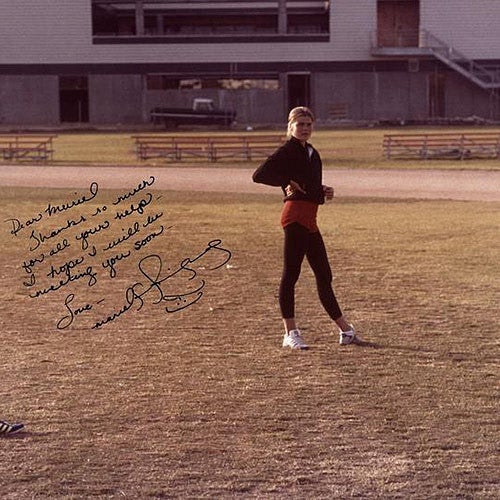
The film continued to face challenges, much due to the inexperience and personal issues of Towne, as well as an actor’s strike during filming, and then President Jimmy Carter boycotting the 1980 Moscow Olympics, meaning less interest in a film about the Olympic trials. After multiple contracts and broken contracts, the film was finally finished and released with Hayward Field and Track Town pizza included.
Controversy continued after the film was released. Bowerman later panned the film, critics were mixed at best, as was the lesbian community, and the film did poorly at the box office. But the film lives on in Hollywood and UO history. Photos from the film and the Kenny Moore papers are available at UO Libraries digital collection.

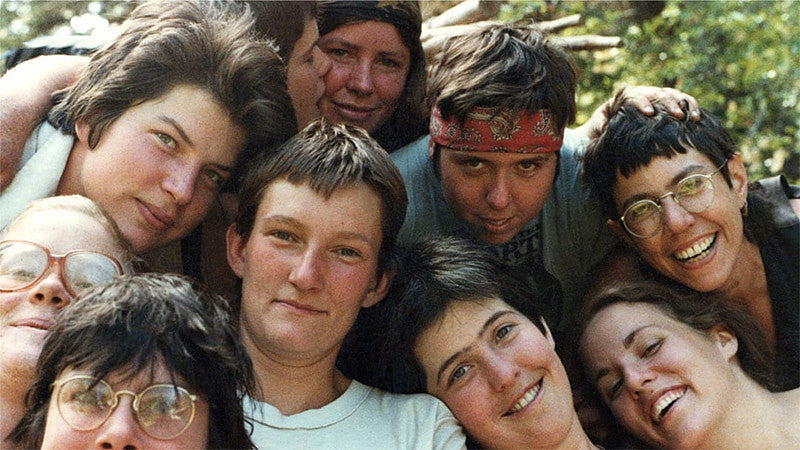

What’s been happening with UO women this year?
Campus Resources
Black Women of Achievement
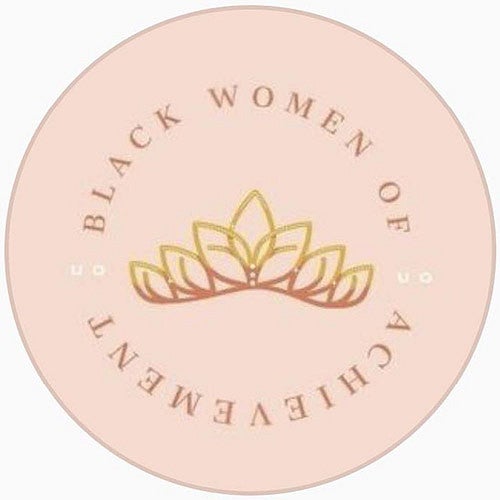
Center for the Study of Women in Society
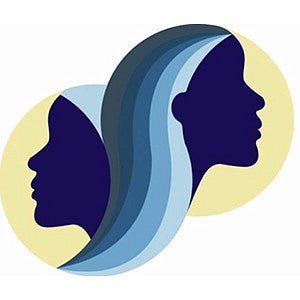
Muxeres
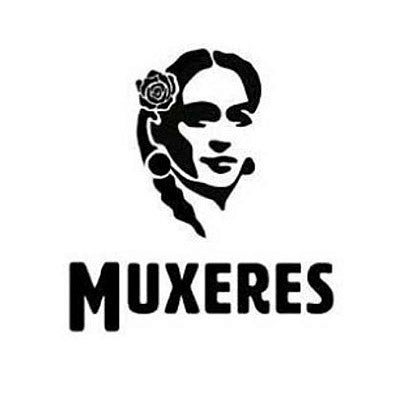
Women in Graduate Science
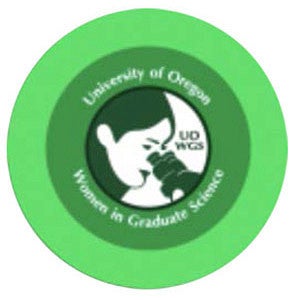
Women’s Center
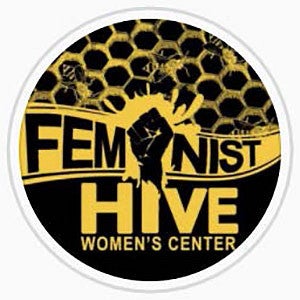
Women in Business
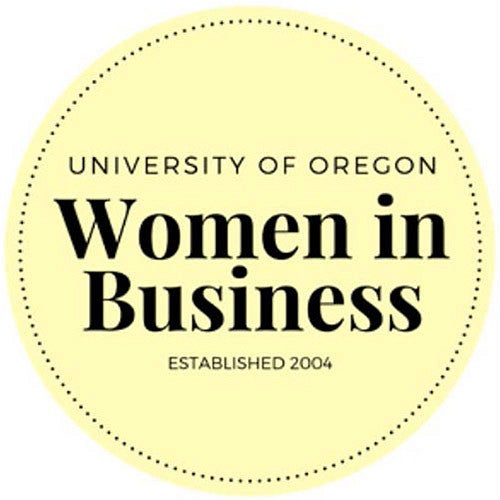
Women of Color Coalition
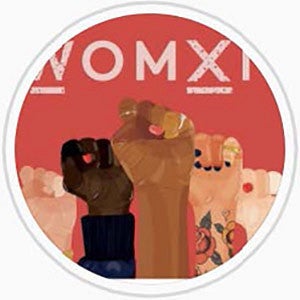
Women’s, Gender, and Sexuality Studies

Winter 2022:
WGS 101 | Introduction to Women’s and Gender Studies | Graduate Student
WGS 201 | Introduction to Queer Studies | Judith Raiskin
WGS 261 | Gender and Popular Culture | Andrea Herrera
WGS 341 | Women, Work, and Class | Jamie Bufalino
WGS 421/521 | Bodies and Embodiment | Kemi Balogun
WGS 422/522 | Sexuality Studies Topic: Defining Deviance | Yvette Saavedra
WGS 615 | Contemporary Feminist Theory | Kemi Balogun
Spring 2022:
WGS 101 | Introduction to Women’s and Gender Studies | Graduate Student
WGS 250 | Gender, Literature, and Culture | Andrea Herrera
WGS 303 | Women and Gender in American History | Yvette Saavedra
WGS 331 | Science, Technology, and Gender: Reproductive Practices and Technologies | Jamie Bufalino
WGS 422/522 | Sexuality Studies Topic: Bodies at the Border | Yvette Saavedra
WGS 432/532 | Gender, Environment, and Development | Jamie Bufalino


